Analysts think Google Cloud's earnings show its AI strategy is working — here's why
Google Cloud was slow off the mark in the generative AI race, but recent earnings reports show the hyperscaler is beginning to pick up steam


Google Cloud is riding on a wave of optimism following an impressive earnings report and finally appears to be priming itself for a major challenge in the generative AI race, experts have told ITPro.
The cloud division recorded $9 billion in revenue for Q1 2024, up from just under $7.5 billion in 2023. At the same point in 2022, Google Cloud was generating just shy of $6 billion, showing a bigger leap this year for the hyperscaler.
Revenue at Google as a whole stands at $80 billion as the firm enters 2024, up 15% from last year's total revenue which was just shy of $70 billion.
Google CEO Sundar Pichai celebrated the firm's cloud operations as one of the tech giant’s “clear paths to AI monetization”, allowing it to service the needs of enterprise customers.
“Our Cloud business continues to grow, as we bring the best of Google AI to enterprise customers and organizations around the world,” he said in an earnings call.
It’s not just Google’s top brass that's touting the significance of the firm’s recent performance either - speaking to ITPro, Gartner analyst Chirag Dekate made clear the “foundational advantage” that Google has in the generative AI space.
“You're going to see Google start to separate away from the pack,” Dekate said.
Sign up today and you will receive a free copy of our Future Focus 2025 report - the leading guidance on AI, cybersecurity and other IT challenges as per 700+ senior executives
Dekate reflected on Google Cloud Next 2024 as a palpable show of force for the company.
“I saw amazing innovations at play, and Google truly [flexed] its muscles as an AI-first company,” Dekate said.
Google Cloud Next certainly seems to have impressed upon the industry a sense of the firm's strength, and this recent earnings call only serves to further evidence its bullish outlook for the year ahead.
Google Cloud is streamlined and poised to innovate
Though Google had somewhat of a clumsy start in generative AI, the firm has redoubled its efforts over the last year and now looks well-positioned to make waves in the space for a few key reasons.
One reason is the firm's lead in research, an area Pichai acknowledged in light of the earnings call and one the CEO feels Google excels at as a frontrunner.
Pichai noted that Google recently consolidated a number of its AI divisions under Google DeepMind, also drawing attention to the “breakthrough” nature of Gemini Pro 1.5.
“They basically finalized the integration of DeepMind and Google research, enabling them to innovate faster,” Dekate said. This not only allows Google to innovate at scale, Dekate added, but also to put products and tools “in the hands of the customer faster,” thus improving the firm's position as both a developer and a supplier of generative AI tools, particularly for the enterprise.
RELATED WHITEPAPER
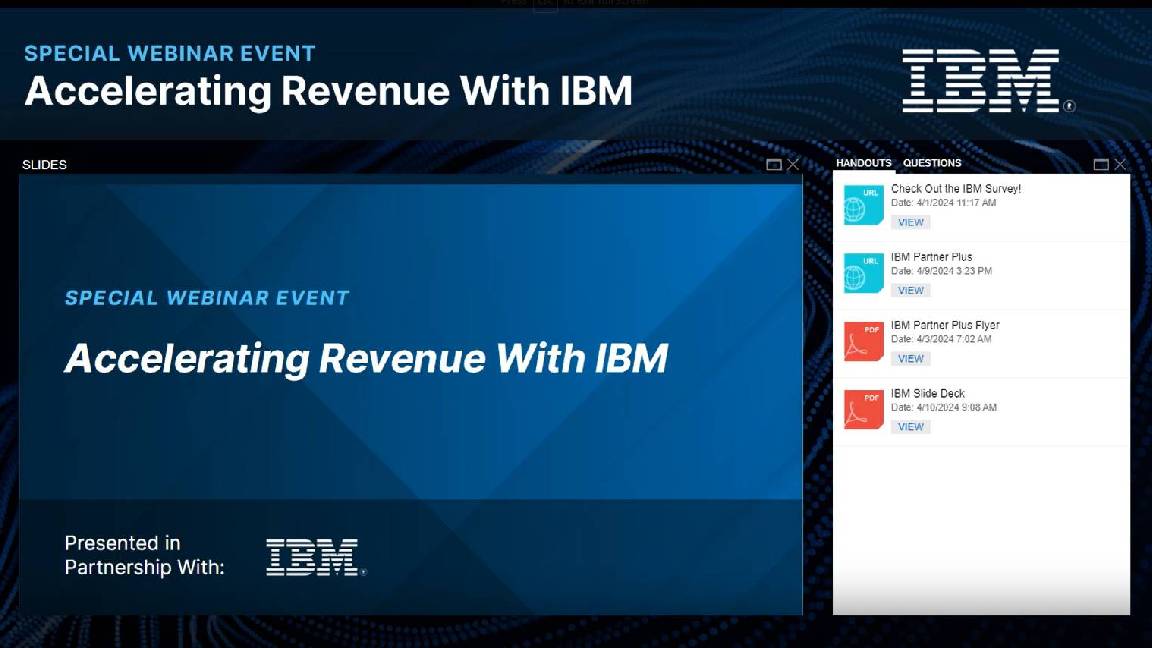
“You are now going to see … Google not just innovate next-generation models, but infuse them in their product ecosystem faster and create market disruptor moments,” Dekate said.
Google’s infrastructure is also a key differentiator, and Dekate noted that the firm is investing heavily in “every layer” of generative AI, from physical materials to software and tools.
“You now have the emergence of foundational building blocks - that enables you to change the economics of how you deliver innovative models in the market,” Dekate said.
By and large, Dekate said this recent earnings call is tangible proof that the firm is surging forward in the generative AI space with a successful overall business strategy that seems to be working. The hyperscaler finally appears to have a concise strategy alongside competitors in the space such as Microsoft, he added.
“In this ecosystem, where Google is firing on all cylinders, Google competitors are going to struggle to play catch up,” Dekate said.

George Fitzmaurice is a former Staff Writer at ITPro and ChannelPro, with a particular interest in AI regulation, data legislation, and market development. After graduating from the University of Oxford with a degree in English Language and Literature, he undertook an internship at the New Statesman before starting at ITPro. Outside of the office, George is both an aspiring musician and an avid reader.
-
 Hybrid cloud has hit the mainstream – but firms are still confused about costs
Hybrid cloud has hit the mainstream – but firms are still confused about costsNews How do you know if it's a good investment if you don't have full spending visibility?
-
 An executive suggested laid off staff use AI for counseling – I think that's ludicrous
An executive suggested laid off staff use AI for counseling – I think that's ludicrousOpinion In the aftermath of Microsoft layoffs, promoting AI career advice feels supremely cold
-
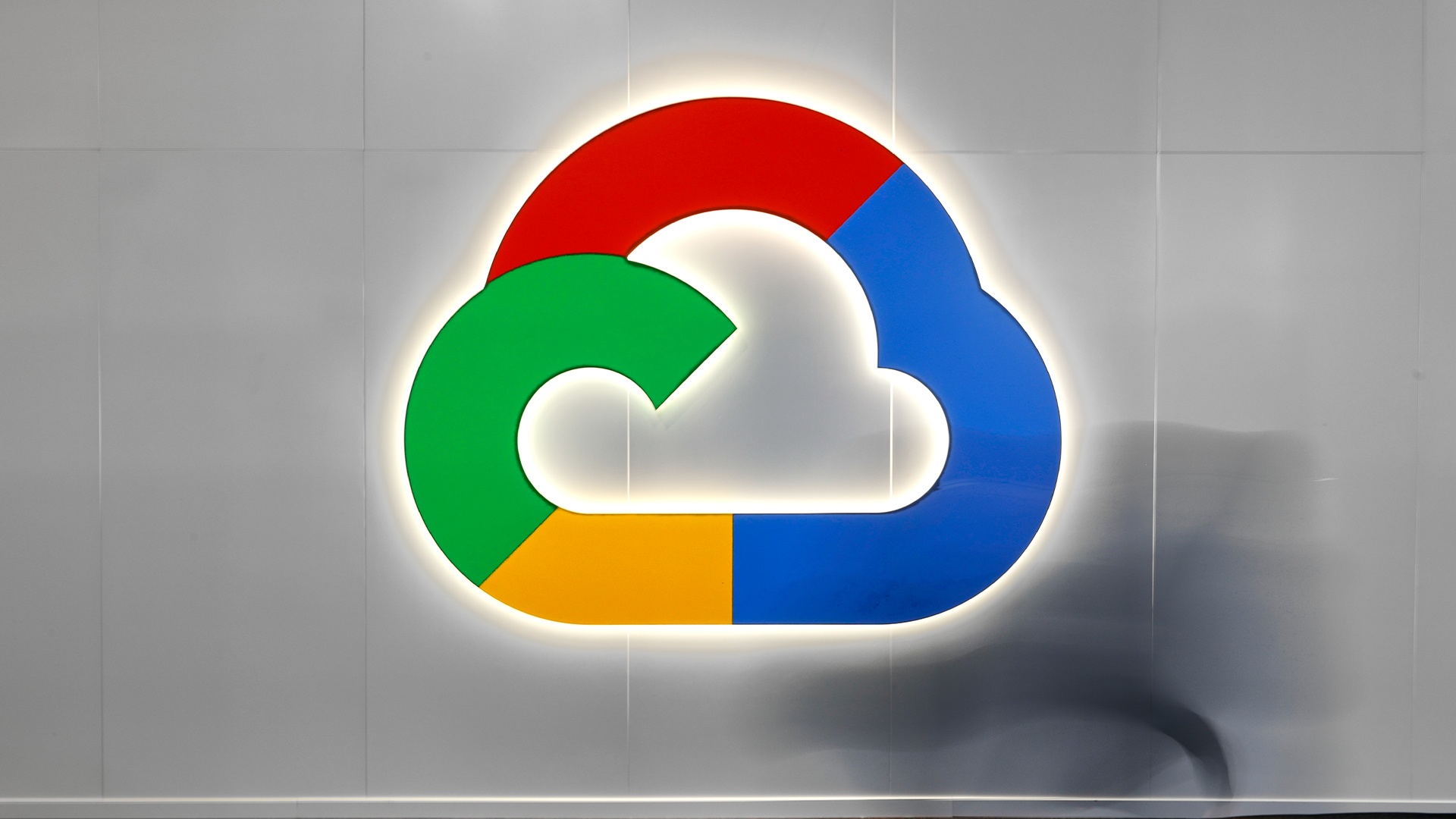 Google pins weekend outage on "unexercised" feature
Google pins weekend outage on "unexercised" featureNews Google Cloud outage impacted a wide range of customers last week after new feature wreaked havoc
-
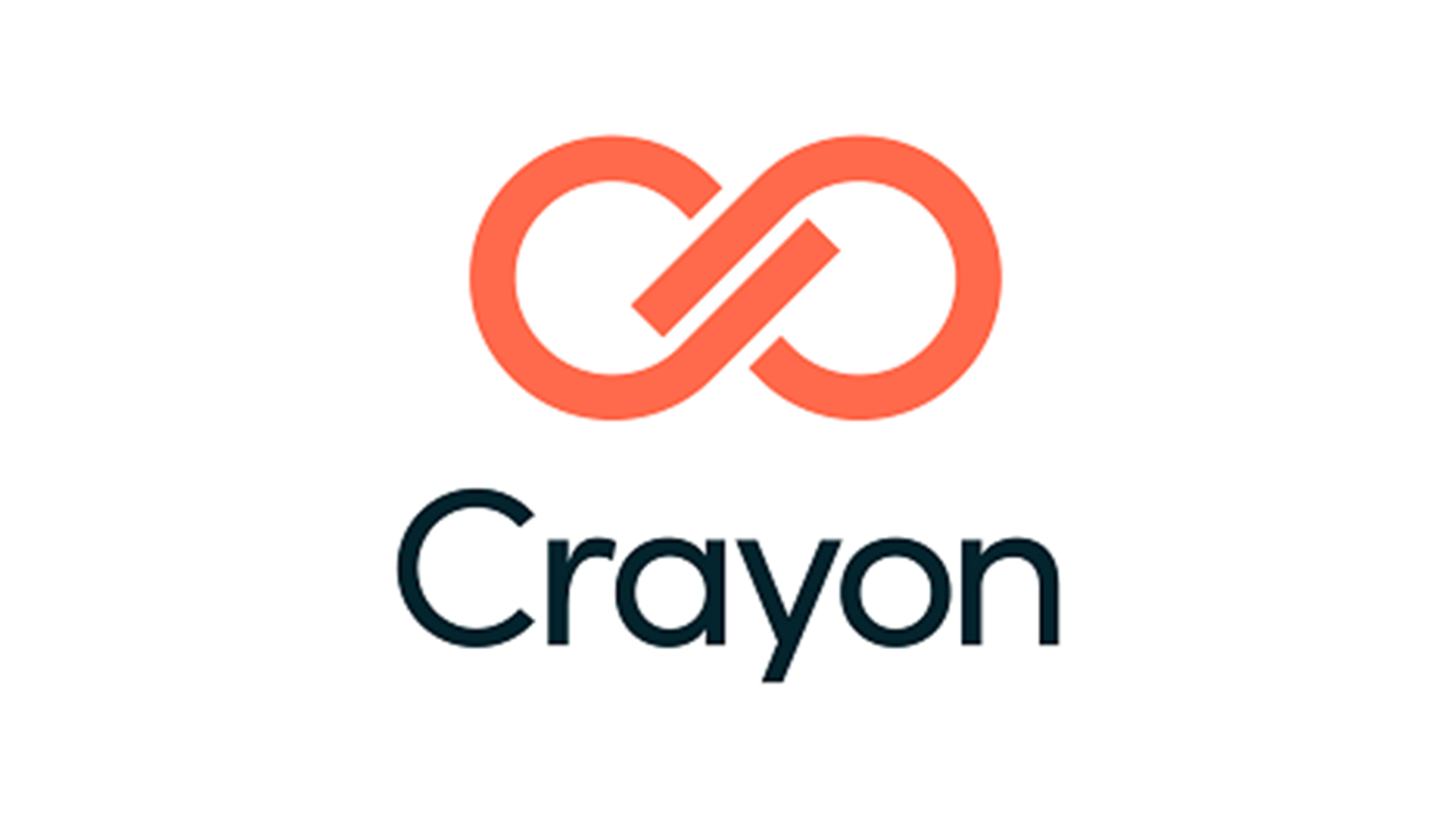 Crayon targets mid-market gains with expanded Google Cloud partnership
Crayon targets mid-market gains with expanded Google Cloud partnershipNews The collaboration will enable mid-market channel partners to deliver Google Cloud’s AI technologies and cloud solutions
-
 Google is getting serious on cloud sovereignty
Google is getting serious on cloud sovereigntyNews Google has joined Microsoft in bolstering its sovereign cloud services as tensions grow over US influence on big tech providers.
-
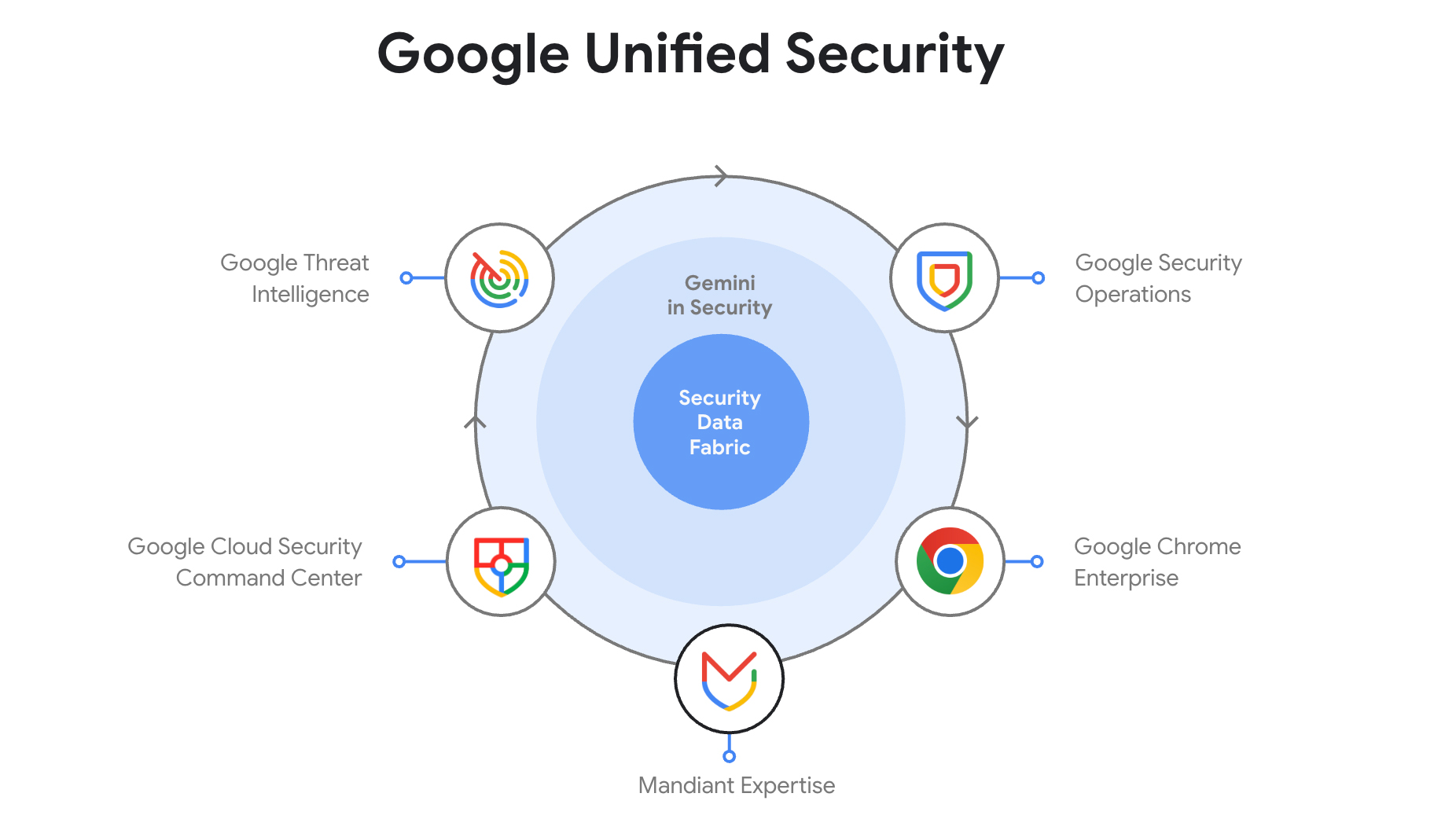 Google Cloud wants to tackle cyber complexity – here's how it plans to do it
Google Cloud wants to tackle cyber complexity – here's how it plans to do itNews Google Unified Security will combine all the security services under Google’s umbrella in one combined cloud platform
-
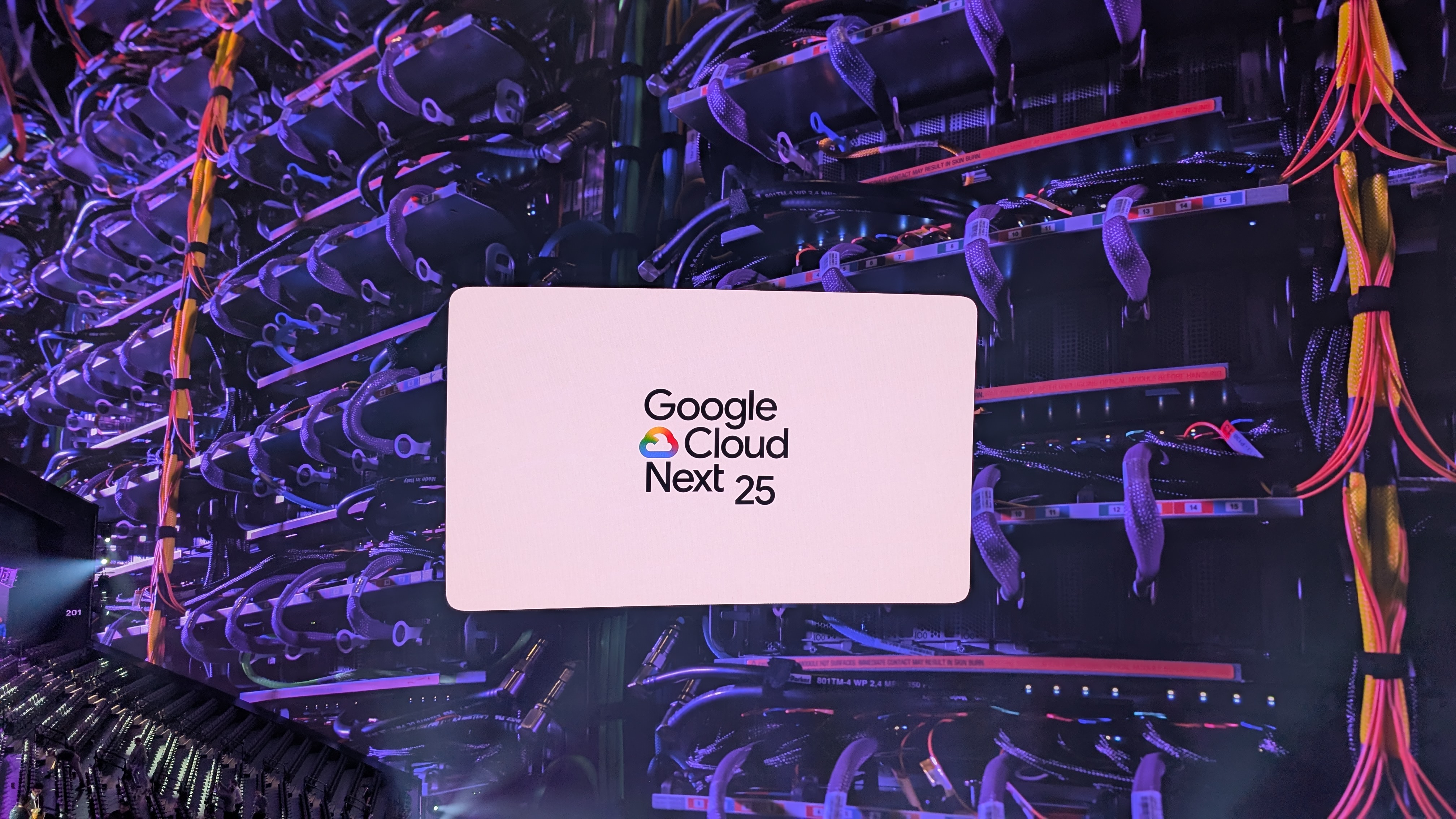 Google Cloud Next 2025: All the live updates as they happened
Google Cloud Next 2025: All the live updates as they happenedLive Blog Google Cloud Next 2025 is officially over – here's everything that was announced and shown off in Las Vegas
-
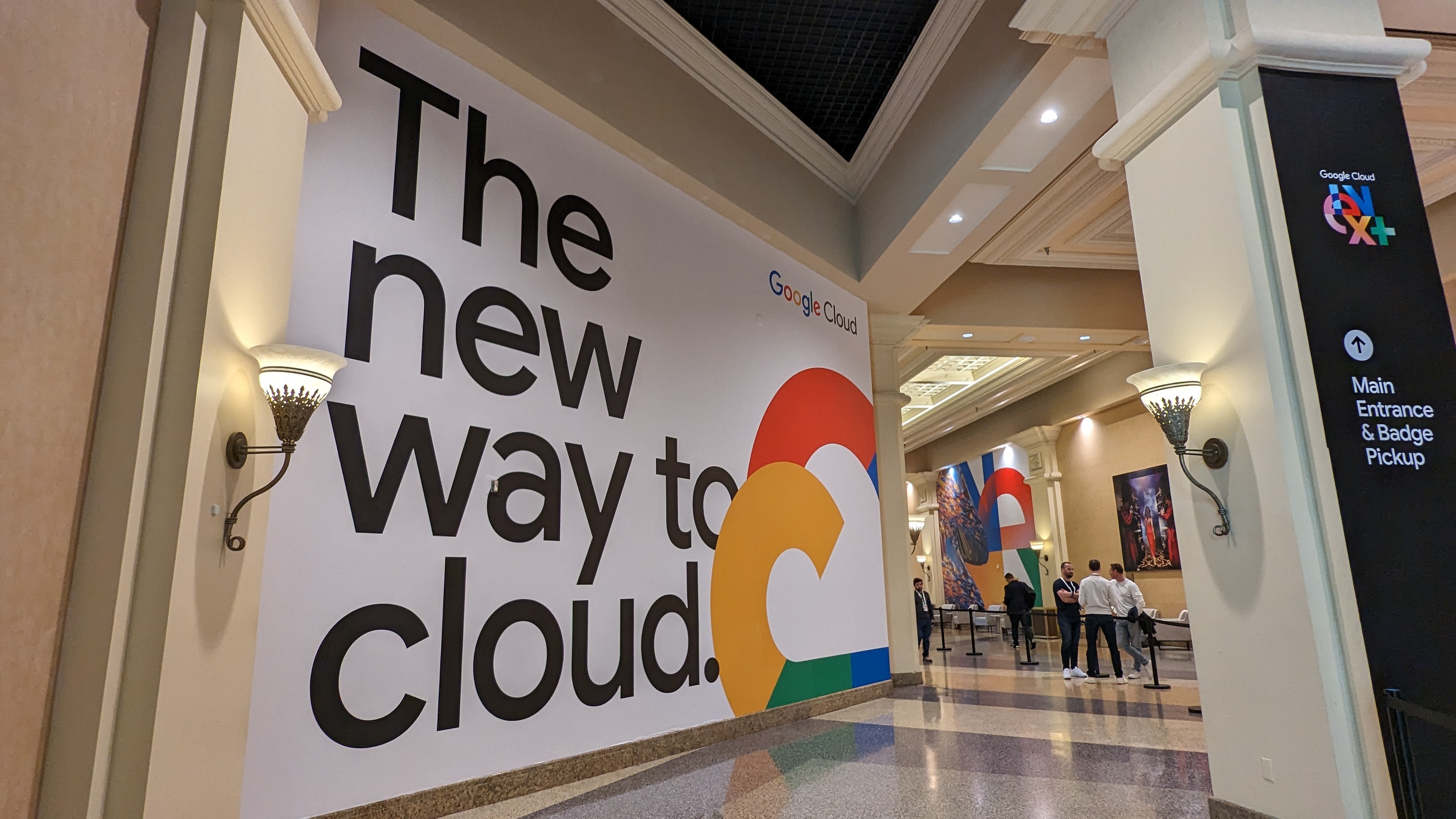 Google Cloud Next 2025 is the hyperscaler’s chance to sell itself as the all-in-one AI platform for enterprises
Google Cloud Next 2025 is the hyperscaler’s chance to sell itself as the all-in-one AI platform for enterprisesAnalysis With a focus on the benefits of a unified approach to AI in the cloud, the ‘AI first’ cloud giant can build on last year’s successes
-
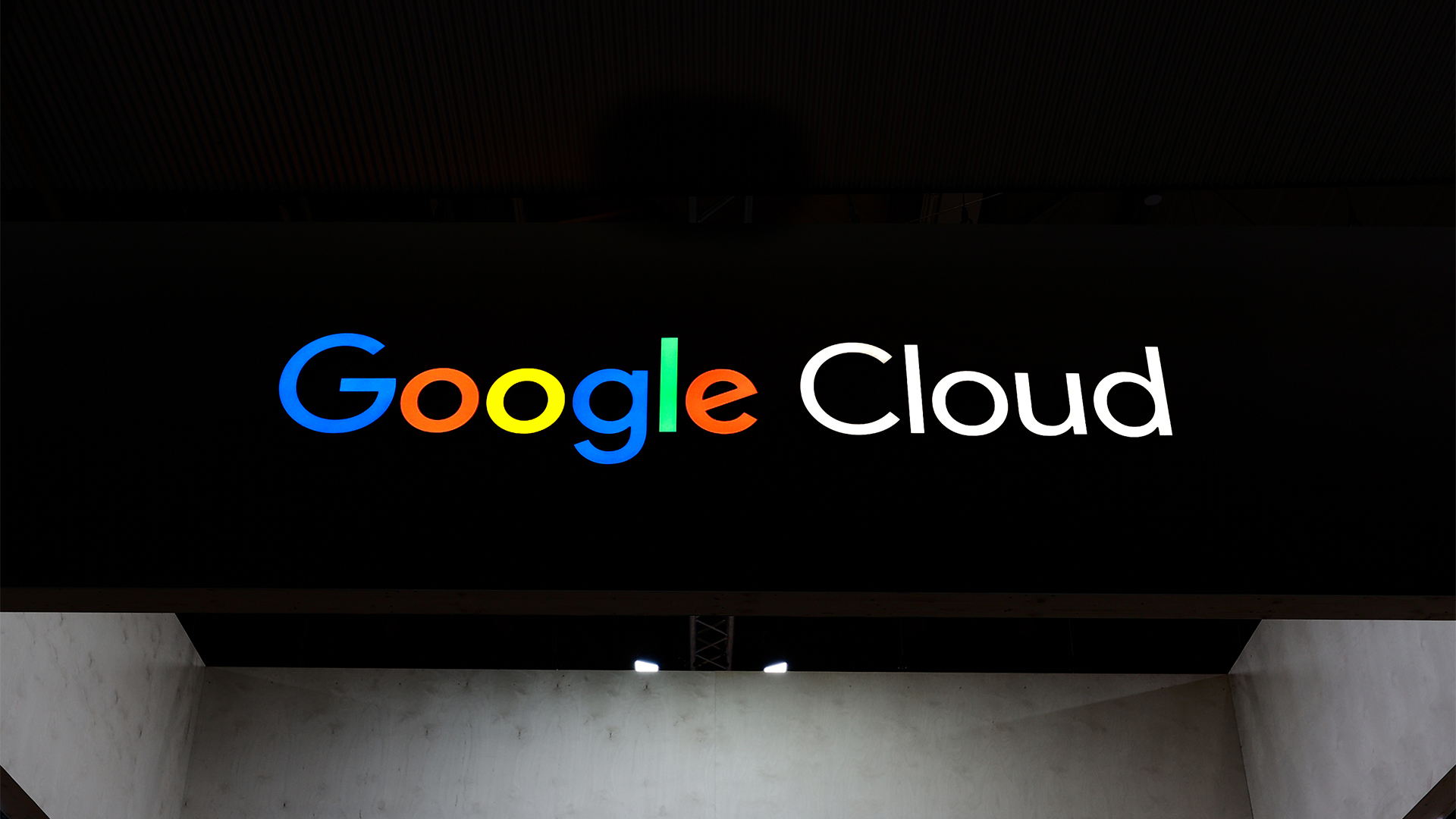 The Wiz acquisition stakes Google's claim as the go-to hyperscaler for cloud security – now it’s up to AWS and industry vendors to react
The Wiz acquisition stakes Google's claim as the go-to hyperscaler for cloud security – now it’s up to AWS and industry vendors to reactAnalysis The Wiz acquisition could have monumental implications for the cloud security sector, with Google raising the stakes for competitors and industry vendors.
-
 Google confirms Wiz acquisition in record-breaking $32 billion deal
Google confirms Wiz acquisition in record-breaking $32 billion dealNews Google has confirmed plans to acquire cloud security firm Wiz in a deal worth $32 billion.